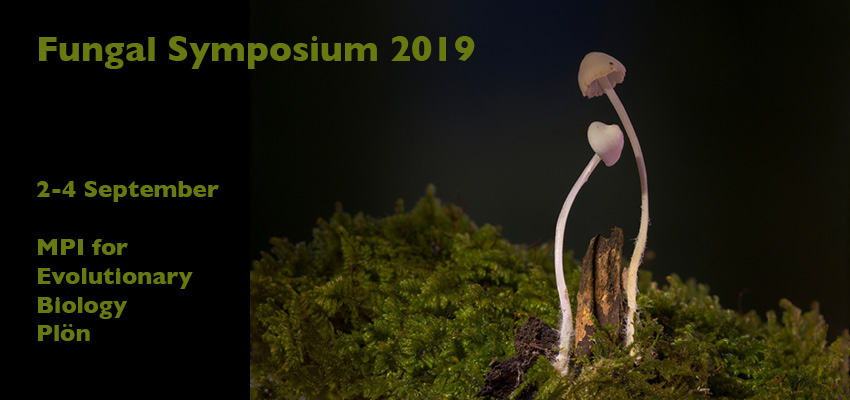Speaker
Description
Host-driven mutations are considered the strongest driver of pathogen evolution since successful infection,
colonization and completion of life cycle are crucial for plant pathogens. Host range is determined by a variety
of extrinsic and intrinsic factors like environment and host defense mechanisms that impact the incidence
and outcome of host infections. To facilitate host specialization, plant pathogens are under constant selective
pressures imposed by hosts, leading to adaptative genomic evolution and possibility of species radiation.
Population and comparative genomics approaches are powerful tools to identify signatures of such selection
associated with speciation and host adaptation events in pathogens and further allow to recapture their evolutionary
history. The goal of our work is to identify evolutionary and genomic patterns of host adaptation and
speciation in fungal plant pathogens. As a model for our study, Zymoseptoria tritici represents one of the most
important wheat pathogens, recently emerged from wild grass-infecting ancestor in the Fertile Crescent in
the Middle East, temporally and spatially coinciding with the domestication of wheat. A unique collection of Z.
tritici populations isolated from “wild” (Aegilops spp.) and domesticated (Triticum aestivum) host grasses in the
Middle East allows us to study the genetic divergence and genome architecture in these populations through
comparative genomic analyses. Such approaches will identify key genomic regions and genes with signatures
of adaptive evolution and positive selective pressure, which may a play a role for host adaptation and speciation
in Z. tritici. As a foreseen impact, the results hereby generated will be of relevance for evolutionary and
applied plant pathology fields, highlighting the impacts of agricultural and wild ecosystems on the evolution of
plant pathogens. With the ongoing development in modern agriculture, there is a clear need for improving our
understanding of plant pathogen evolution and host adaptation to access the risk of potential future pathogens
as well as to support the development of sustainable and effective control strategies.

